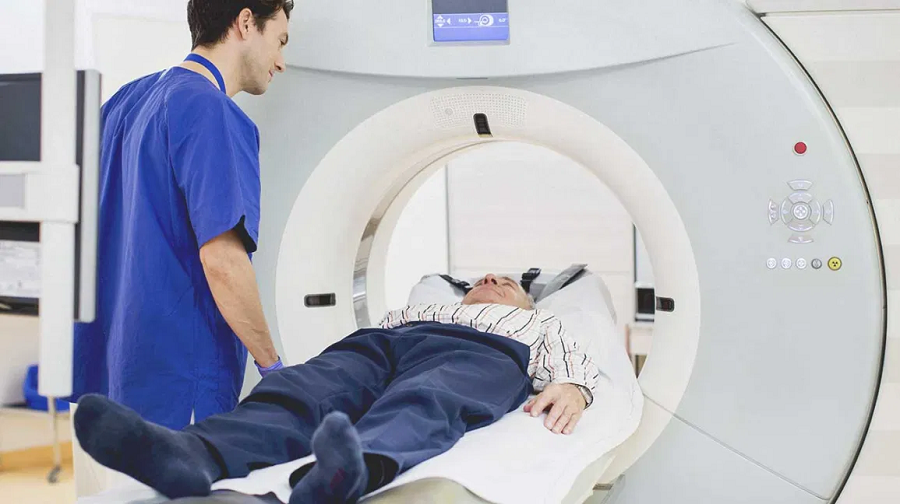Stay Worry Free and Live Healthy with Lung Cancer Screening Test

Everyone is familiar with the word screening, but if you don’t know what screening is, this article will help you better understand what it means. Screening refers to a test where a patient gets a whole body or certain part of the body checked by the doctor for any disease when there are no symptoms or history of symptoms. Many doctors recommend screening tests to identify if a patient is suffering from any disease without any symptoms.
Nowadays, most of the population is suffering from many kinds of cancers. For instance, those who are concerned about lung cancer, are getting lung screenings, to know if they are suffering from the disease or not. Lung cancer is one of the leading causes of death. That is why one should get regular screenings in order to stop the disease. Screening is the process to treat the disease as soon as possible. If lung cancer can be caught before it spreads, one can easily get rid of the disease. Most of the cases come with no symptoms at all.
Who should get screening:
One should get screened if they have:
- Have a history of heavy smoking
- Are between 55- 80 years old
- Smoking now
- Have quitted smoking within the past 15 years
Risk of Screening
Lung cancer screenings have few risks too, such as:
- A lung cancer screening test is not always correct. It can suggest that a person has lung cancer when no cancer is present in the body. This is called a false-positive result. This mistake can lead to follow-up tests and surgeries that are not needed and may have more risks.
- The screening test can also find cases of cancer that may never have caused a problem for the patient. This situation is called overdiagnosis. Overdiagnosis can lead to treatment which is not needed.
- Radiation from repeated screening tests can also cause cancer in otherwise healthy people. It can also increase the size of a tumor if the patient has any.
- Test results could appear normal even when lung cancer is present, this is called false-negative results. A person who receives this false-negative test result may delay seeking medical care.
These are just a handful of reasons why lung cancer screening tests can be harmful to your body.
However, there are also a few benefits present of lung cancer screening, which are:
- Screening tests are able to detect very small nodules in the lungs, LDCT of the chest is very effective at diagnosing lung cancer in the early stage.
- It is a fast process, which is important for those patients who are having trouble holding their breath.
- The scanning process is painless and noninvasive. No contrast material is required for lung cancer screening.
- No radiation remains in a patient’s body after the screening test.
- The screening test with LDCT has been proven to reduce the number of deaths from lung cancer in patients who are at high risk.
- The best part of the screening is, it is often found at an early stage where patients get more chances for minimally invasive surgery and have less lung tissue removed.




